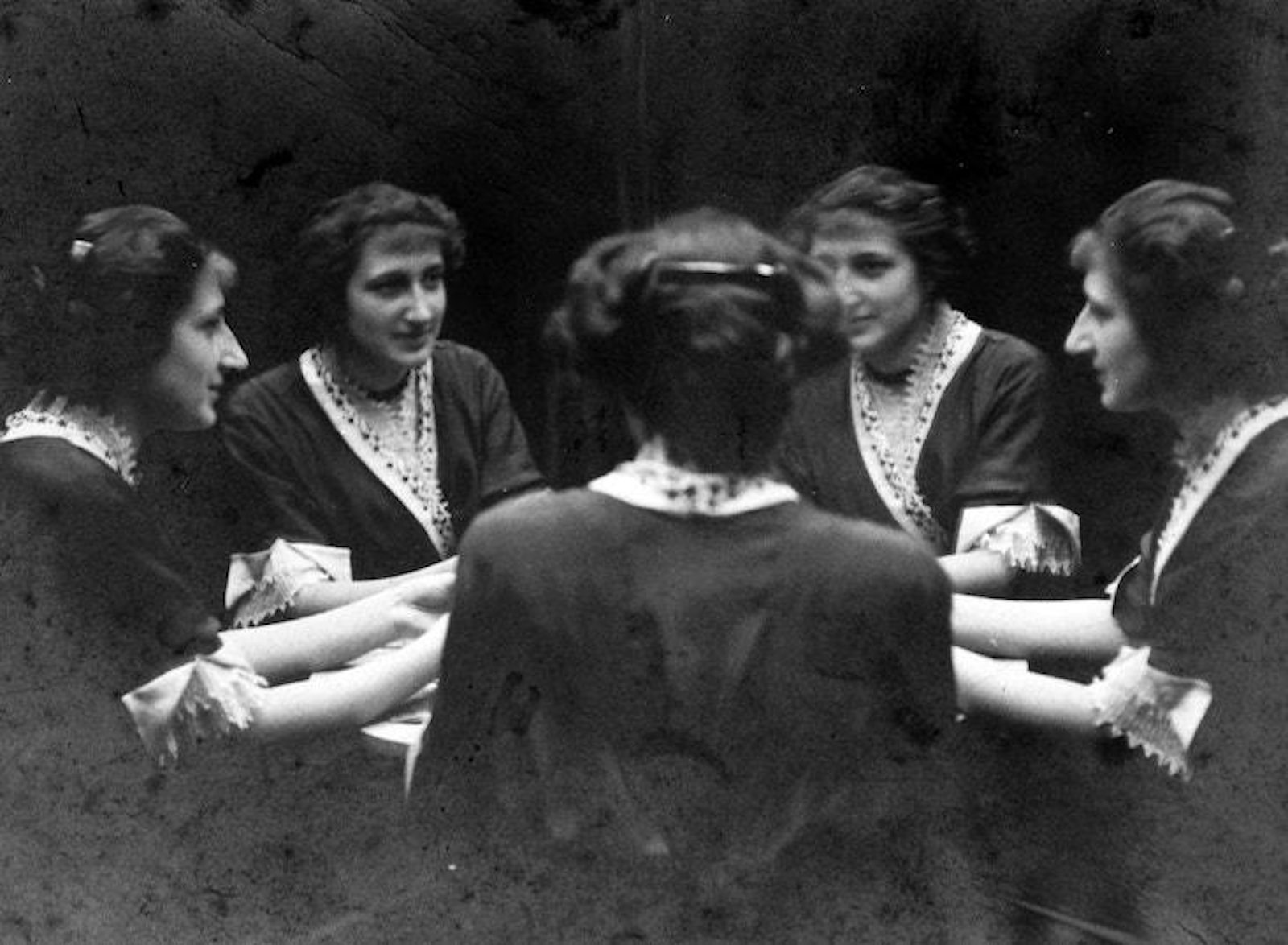An oft-repeated line in A Series of Unfortunate Events, a Netflix TV show recently adapted from a book series, feels apt for the moment. “In a world too often governed by corruption and arrogance,” it goes, “it can be difficult to stay true to one’s philosophical and literary principles.” The story, by Lemony Snicket, follows the Baudelaire orphans—Violet (14 years old, when the series begins), Klaus (12), and Sunny (a baby)—who are shuttled from guardian to guardian, each one as incompetent as the next, as they’re chased by Count Olaf, a distant relative of theirs dead set on acquiring the children’s considerable fortune by any means necessary. The saying resonates with Violet and Klaus, who are keen intellects, because their desire to be noble conflicts constantly with what ensuring their own safety (and that of their friends) demands.
The story can be read as an illustration of one potential measure of the self—how much you’re able to stay true to your principles despite what the world throws at you. It’s an ancient idea. Ryan Holiday, author of The Daily Stoic, wrote in the New York Times yesterday about the ancient Roman philosopher Seneca, who could very well have uttered the quote above, in 49 C.E., when he was asked to serve Emperor Nero, a man soon on his way to becoming a twisted tyrant. “Seneca was torn,” Holiday wrote. “To the Stoics, contributing to public affairs was a critical duty of the philosopher. Could Seneca decline to serve because he disagreed with the emperor? Could he leave a deranged Nero unsupervised? In time, Seneca would also come to the conclusion that when ‘the state is so rotten as to be past helping, if evil has entire dominion over it, the wise man will not labor in vain or waste his strength in unprofitable efforts.’”
In January 2017, Holiday was offered a possible post as a communications director for a cabinet member of the Trump Administration; that opportunity, in retrospect, given the turmoil at the White House, reminded Holiday of Seneca’s plight, one he did not want to navigate. Holiday, unlike the Baudelaires, was able to avoid a situation that may have easily frustrated his ability to stay true to his philosophical principles (being truthful presumably being among them).
But the self isn’t just the difference between what we might be, if we lived up to our ideals, and what we are. The philosopher Jean-Paul Sartre made this point in his play, No Exit, says Ken Perlin, an artist, engineer, and professor of computer science at N.Y.U., where he directs the Games For Learning Institute. Perlin has said that Sartre has influenced his ideas about how virtual reality will shape the self in the near future.
“The characters in No Exit are characters in Hell, and they’re in Hell because they’re rotten people. Their punishment is to spend eternity in a room with each other, and it’s only Hell because they’re stuck with other rotten people. So it’s a kind of existential irony that I’m in Hell only because of who I am,” Perlin told Nautilus. “Sartre’s larger point—when the character says, “Hell is other people,”—is: None of us are alone, none of us are completely defined by our own view of ourselves. We’re constantly bouncing off other people and looking at other people as a mirror of us. Our very sense of who we are is intertwined with what we see when we see other people look at us.”
For Perlin, this view of the self imposes an ethical obligation on technological development. It’s why he has taken to calling the Holodeck—the fictional virtual-reality platform from Star Trek—“other people.” He said, “I think we shouldn’t just go off and develop technologies: We should understand what is this interaction between people that we’re trying to support—specifically, not just information passing but emotional affirmation, our views of each other, our ability to relate to each other—all of those are central to any communication technology.”
Brian Gallagher is the editor of Facts So Romantic, the Nautilus blog. Follow him on Twitter @bsgallagher.
Photograph by Saly Noémi / Fortepan / Wikicommons


























